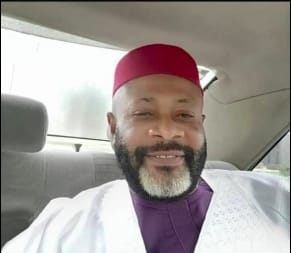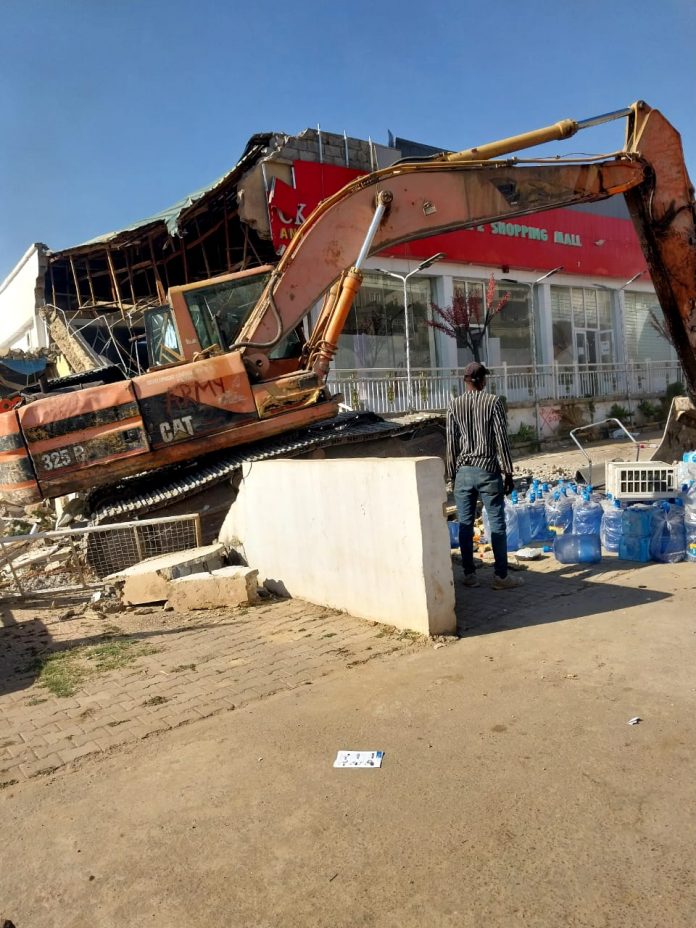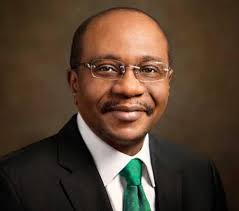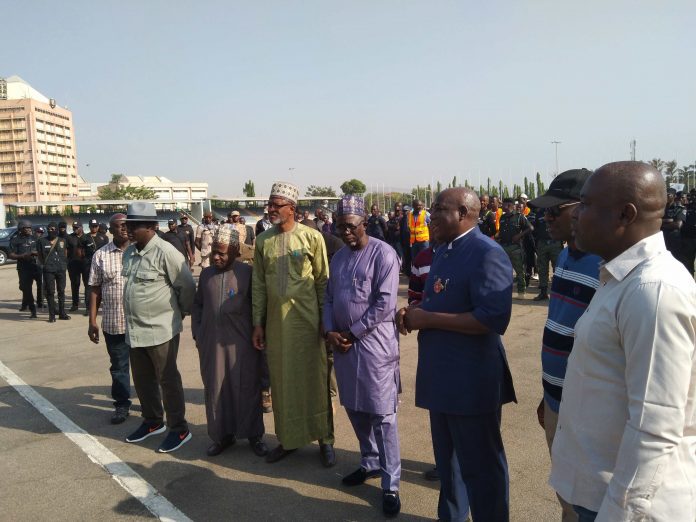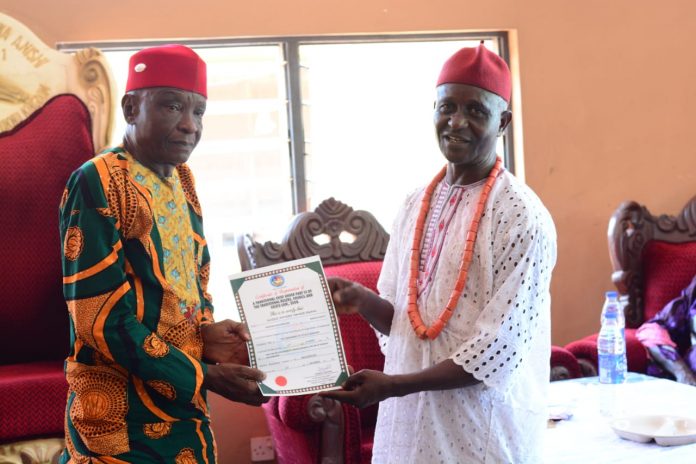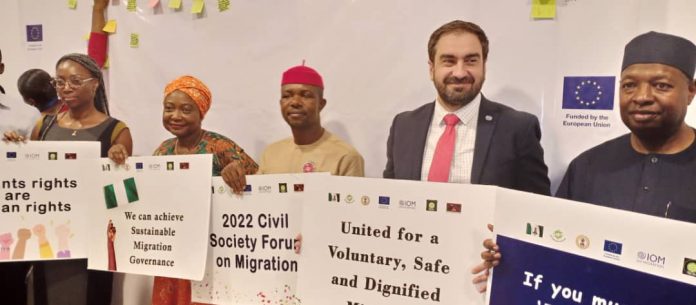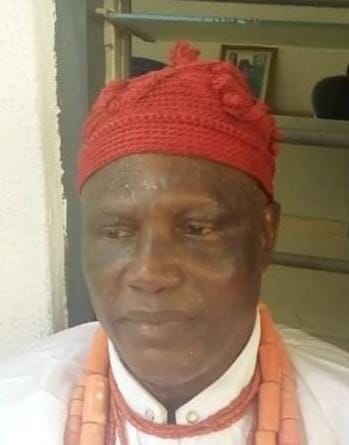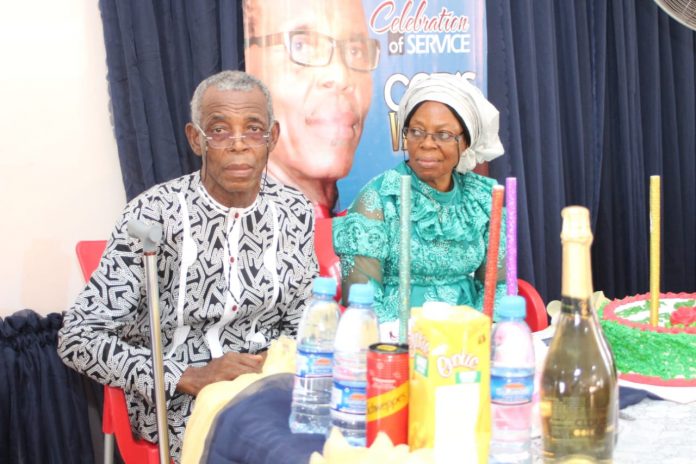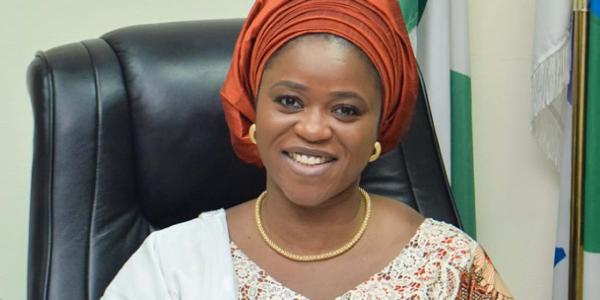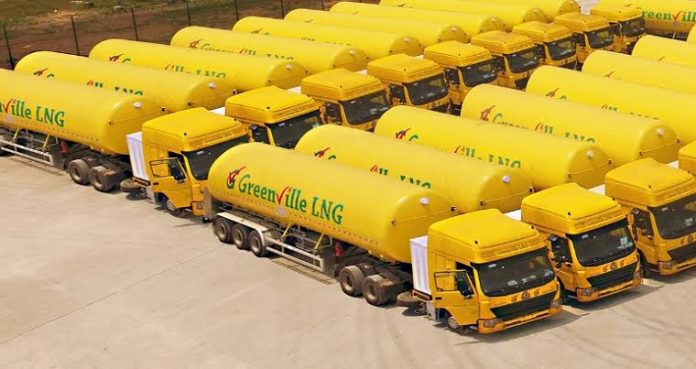Court Remands Hyacinth Okeibunor.Ohai, 4 Others For Alleged Murder, Arson, Rape
Today 20th December, 2022, five suspects were arraigned before the Magistrate Court at Asaba for conspiracy, arson, rape, malicious damage, assault, and murder and remanded at the Federal Correctional Prison at Ogwashi-Uku.
The names of the said suspects are Godwin Asikawili alias Terror, PPPRA officer Hyacinth Okeibunor Ohai alias high roller, Fidelis Nweke Odafe and Christoper Uche Odene.
This paper learnt that other suspects are currently at large.
The police is said to be on manhunt for them.
Recall that June last year, youths under the sponsorship by some well place members of the Azungwu community in Ogwashi-uku Kingdom attacked the Odogwu (warlord) of the community. The wife of the Odogwu (warlord) of Ogwashi-Uku Kingdom was allegedly stripped naked and raped by community youths over a chieftaincy tussle.
In the process, three houses, livestock, farm and two vehicles, all worth over N500m and belonging to the Odogwu, Chief Gabriel Ohai, were set ablaze, while other properties were looted. The incident, was said to have left over 12 persons with varying degrees of injury and rendered the Odogwu and his family homeless.
Narrating his ordeal to correspondents in Asaba today, Chief Gabriel lamented the lawlessness and impunity on the part of the suspects.
He said: “The police came to arrest one Ikechukwu Iloba last year, who led hoodlums to beat a 75-year-old man to death, after the autopsy result was released.
“The suspect raised the alarm and called his cohorts; and as early as 6am, they had already converged before the arrival of policemen and resisted his re-arrest.
“Immediately the police left, the hoodlums moved from the Ogwa (Hall) of ACP Chike Nwabua to my house, pulled down my gate and fence, and proceeded to my palace, set my house ablaze, stripped my wife naked, raped her, burnt down two of my vehicles and moved to my farm, which is about 20 kilometres away from where I live, and set the building there ablaze.
“My workers’ quarters were also burnt down; my livestock of over 3,000 birds, 100 pigs and others were released into the forest. The farm was completely destroyed; some of my properties were looted and others set ablaze. It has been a long walk for me to get to this point today. The suspects with the connivance and master architect of one ACP Chike Nwabua did everything possible to frustrate the investigations so the suspects will not be brought to justice. I have complained to the Obi of Ogwashi-Uku, the governor, human rights organisations and the police hierarchy about my predicament. At each point, the suspects were using money and influence to frustrate the investigation. It became imperative for me to talk to the world, the government and human rights organisations to know what I am passing through in the hands of those who thought they were above the law.”
He continued: “Today, some of them have been brought before the courts. They will have their day in court to respond to what they did to me and others in the community.
“I have been told that they are making moves to continue their bribery and use of influence to pervert justice but God willing, we will get justice. We cannot allow impunity and lawlessness. I am starting my journey to justice because without justice, there will be no peace. The dead man they killed is crying out for justice, my wife they raped is crying out for justice, my properties they looted and burnt is crying out for justice, the people close to me they injured are crying out for justice, the Church they burnt down is crying out for justice.”
When our correspondent contacted the Palace Secretary of the Ogwashi-Uku Kingdom, Prince Ifeakanachukwu Emordi, he advised that the Palace will not comment on matters in court, saying that he trusts the courts in the state to deliver fair and unbiased justice.

